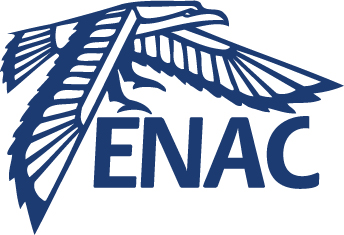Performance of Civil Aviation Receivers During Maximum Solar Activity Events
Résumé
Nowadays, Global Navigation Satellite Systems (GNSS) are widely employed in all aircraft operations from en-route to approach and landing. However, relying on the reception of satellite signals to compute the user position, GNSS receivers must take into account all possible perturbations caused by propagation through the ionosphere that might affect and degrade the signals. In nominal conditions, the only ionospheric effect on GNSS signals is the introduction of an additional group delay and phase advance caused by a change in group and phase propagation velocity proportional to the ionospheric Total Electron Content (TEC) along the signal path and the signal frequency. However, during high solar activity periods, other abnormal behaviors can occur. For example, occasionally small-scale irregularities in the electron density can appear causing the scattering of impinging satellite signals in multiple paths that are later summed coherently at the receiver, generating deep power fades and rapid changes in the signal phase. Moreover, solar burst events could also take place, leading to wide-band interference and to a strong degradation of quality of received signal processing. Since civil aviation operations will be increasingly dependent on the use of GNSS in Europe for navigation or surveillance purposes, it is imperative to understand the impact of the ionosphere on GNSS based applications during different phases of flight and to develop and validate mitigation techniques to ensure and maintain the safety and performance requirements for aviation operations. In this context, the EUROCONTROL (European Organization for the Safety of Air Navigation) project "Effects of solar activity over ECAC", has indeed the aim to assess the potential effect of solar activity (scintillation and ionospheric gradients) over the ECAC region and to identify mitigation techniques applying ionospheric models to aviation applications. Within the framework of the EUROCONTROL project, the focus of this paper is to evaluate the robustness of the different civil aviation GNSS receivers signal processing blocks to ionospheric disturbances by modeling efficiently the effect of ionosphere activity on the behavior of an aeronautical receiver.
| Origine | Fichiers produits par l'(les) auteur(s) |
|---|
Loading...
